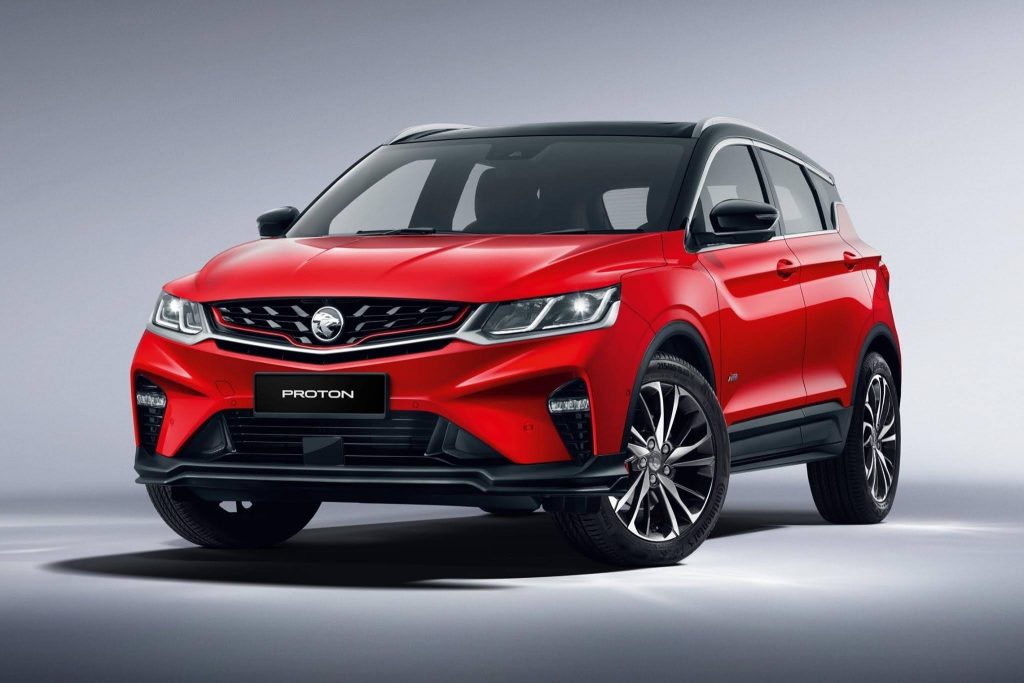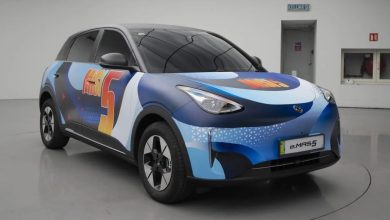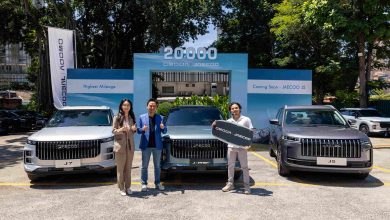Philippines To Impose Greater Tariffs On Imported Vehicles
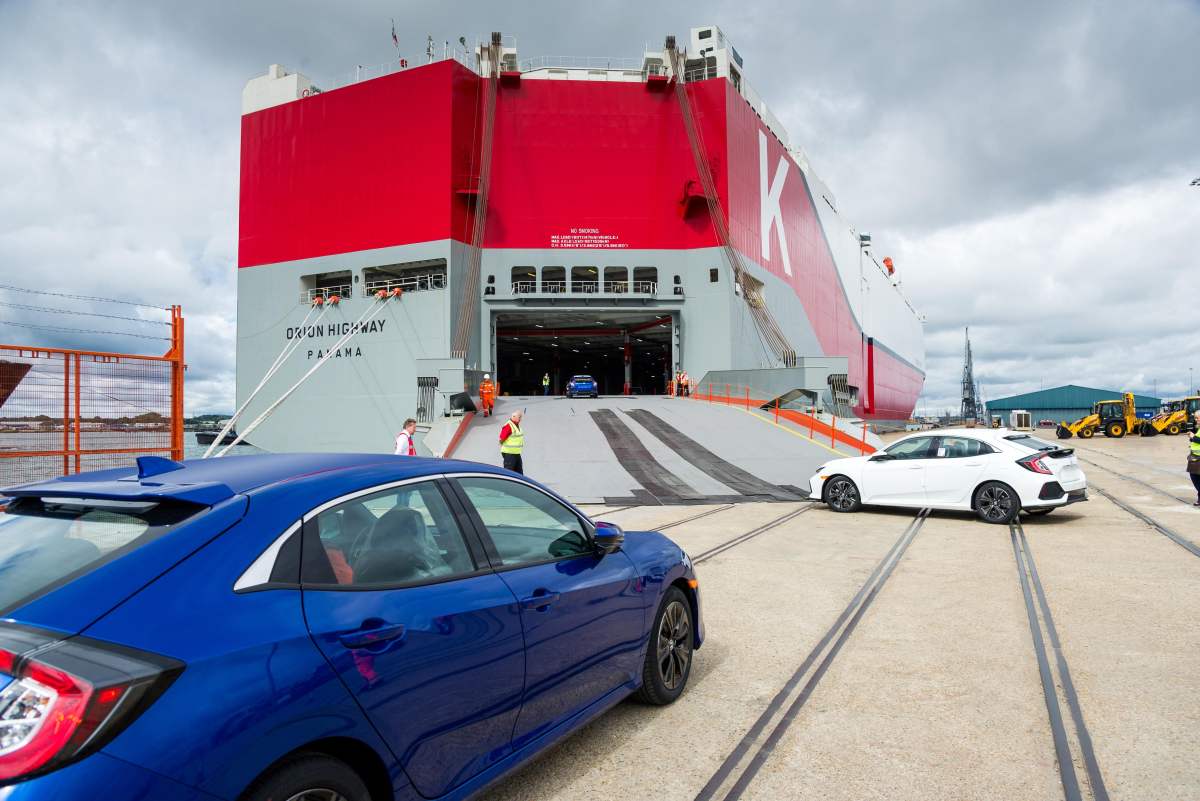
This move comes amid the dwindling auto production sector locally in the Philippines.
The Department of Trade and Industry (DTI) of Philippines has recently announced that it will be imposing a safeguard duty or tariff on imported cars to the country. This move by the government comes in response to a petition filed by the Philippine Metalworkers Alliance back in 2019, which sought to protect the local manufacturing industry from job losses due to a rise in imported cars.
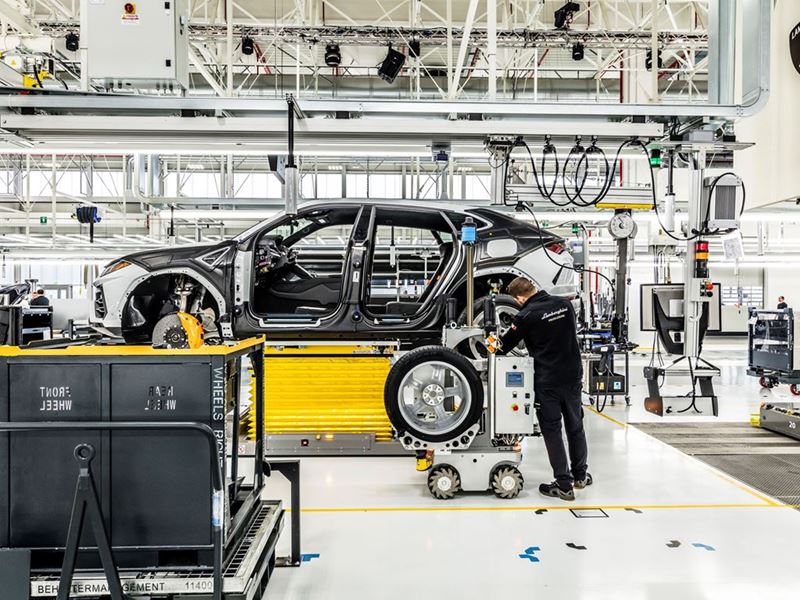
Set to come into effect tomorrow (January 19th), the provisional safeguard duties imposed will amount to ₱70,000 (RM 5,900) per unit for imported passenger cars, and ₱110,000 (RM 9,300) per unit for imported light commercial vehicles. These safeguard duties will be collected for an initial period of 200 days in the form of a cash bond while the Tariff Commission (TC) studies the situation to determine a more permanent solution.
According to an investigation launched by the DTI, passenger car imports to the nation have risen by an average of 35% from 2014 to 2018, which is more than 4.5 times the amount of locally produced vehicles. Imports of light commercial vehicles, like pickup trucks, meanwhile have also tripled in number from 2014 to 2018.
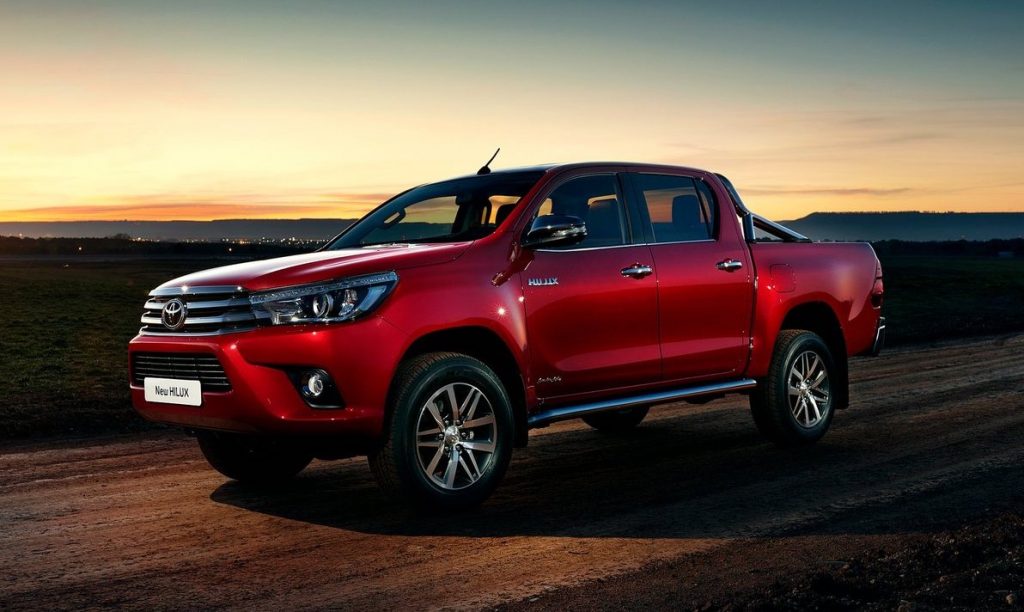
This surge in imports has been largely attributed to the regional push toward free trade, with the ASEAN member states all working towards a free trade bloc under an agreement that took effect in 1993. To that end, the Philippines gradually lowered its original tariffs of 40% on imported vehicles to 20%, then to the nominal 5% in 2003, which then remained the status-quo till today.
As the tariffs fell though, it became more cost-effective for foreign automakers to shift production out of the Philippines (to larger auto markets like Thailand and Indonesia) and then importing the finished cars back to the country. This therefore meant that imported vehicles, which only made up for 14% of the new car market in the country back in 2002, currently make up over 70% of the new car sales today.
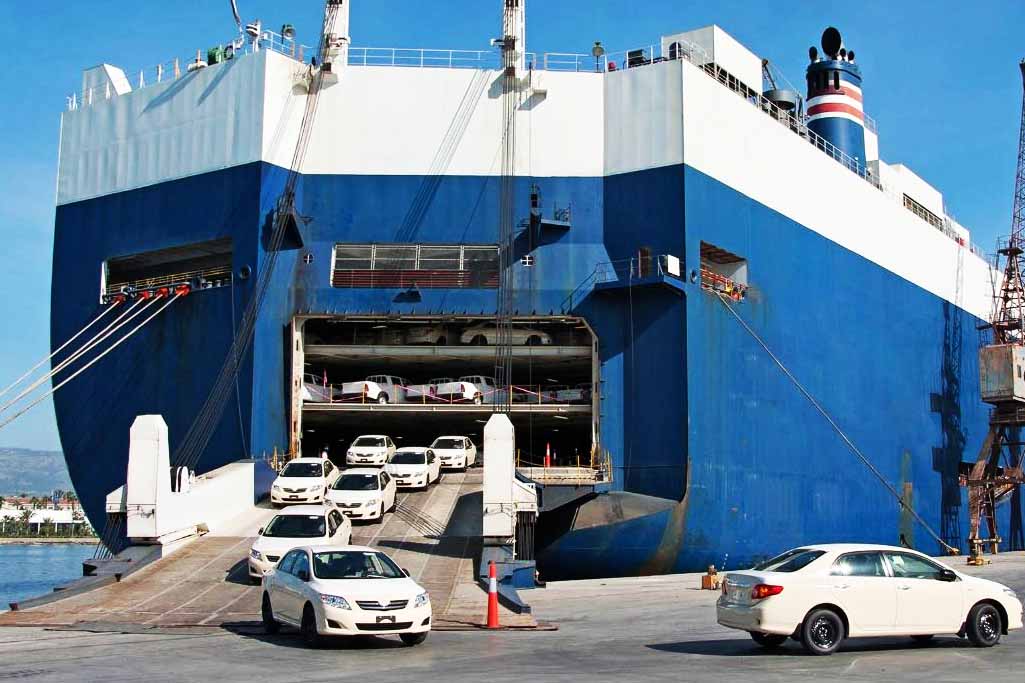
In response to these newly imposed tariffs, the Chamber of Automobile Manufacturers of the Philippines, Inc. (CAMPI) and Association of Vehicle Importers and Distributors (AVID) Inc. has expressed their disappointment over these safeguard duties. Claiming a projected reduction in sales volume, both associations assert that these new regulations will not trigger investments or create more jobs, much less address issues on the regional competitiveness of the local manufacturing sector.
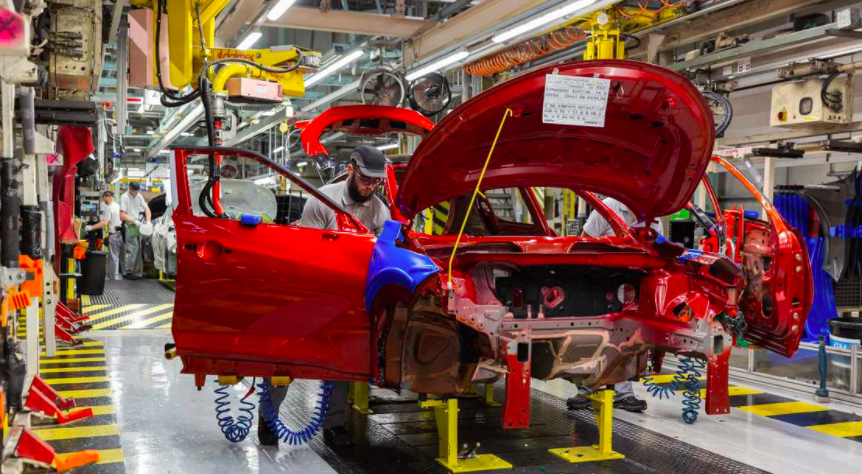
Major automakers too in the region are opposed to this new safeguard duties. Toyota Motor Corporation has expressed concern that these ‘safeguards will negatively impact the entire auto industry value chain’. The Japanese automaker, which currently produces the Innova and Vios over there, goes on to state that ’the imposition of safeguard measures will not lead to increased CKD (completely knocked down) production or localisation of CBU models’.
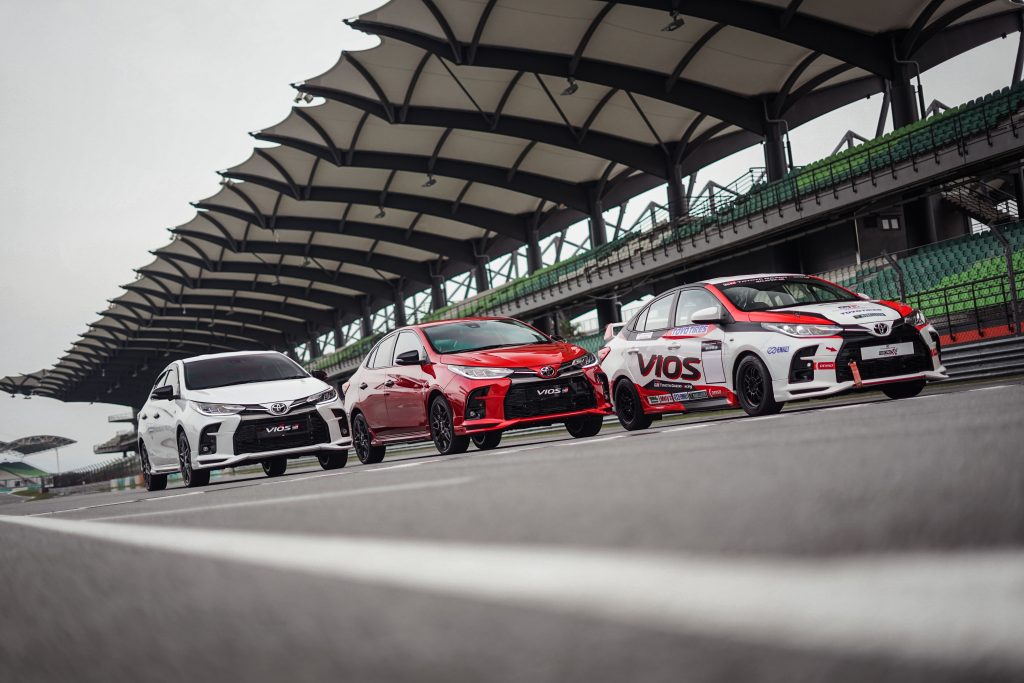
An executive from Mitsubishi Motor’s Philippine unit meanwhile has been quoted to say that this new regulation could make it not be profitable for the automaker in the country without imports. This is due to the high cost of import for parts and materials for the local assembly of its cars.
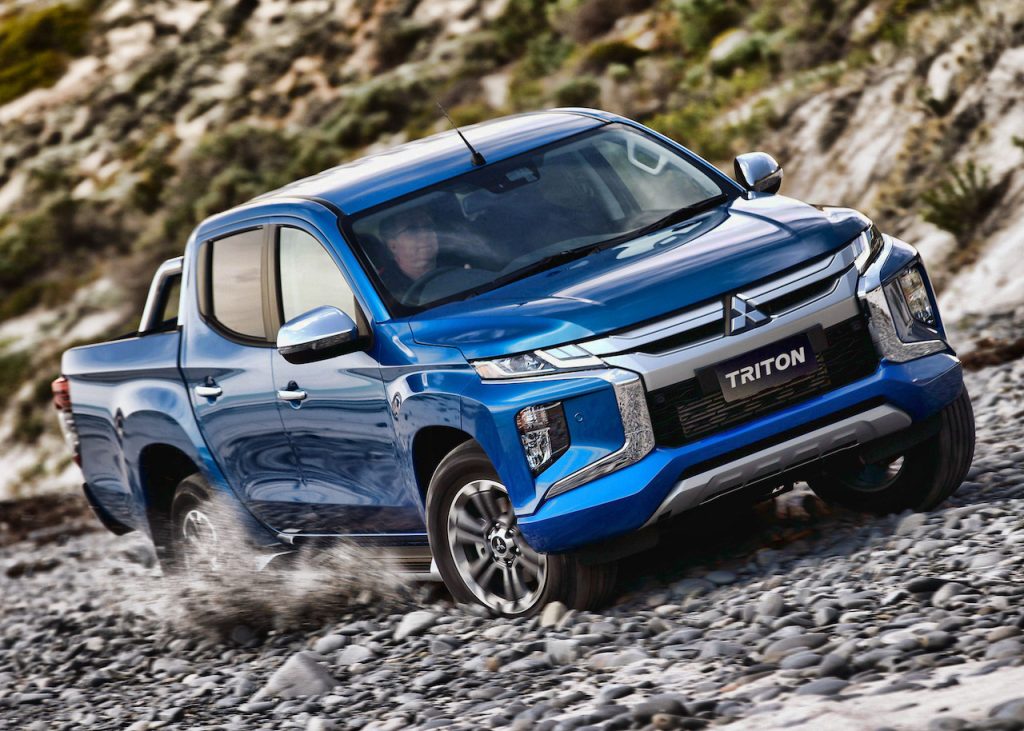
On the other hand, the Philippines Parts Makers Association, which comprises of various parts producers and suppliers for locally-assembled vehicles, has welcomed these newly imposed tariffs.
Additionally, the DTI Secretary, Ramon Lopez, has hit back against the complaints by the automakers and associations regarding the implementation of these tariffs. Citing the discontinuation of the production of Isuzu D-Max in July 2019 and the assembly plant closure of Honda Motors Philippines in the first quarter of 2020, which affected local jobs and the Philippine economy, Lopez affirms that these safeguards are imposed to protect local manufacturers and producers and to prevent other companies from leaving the country.
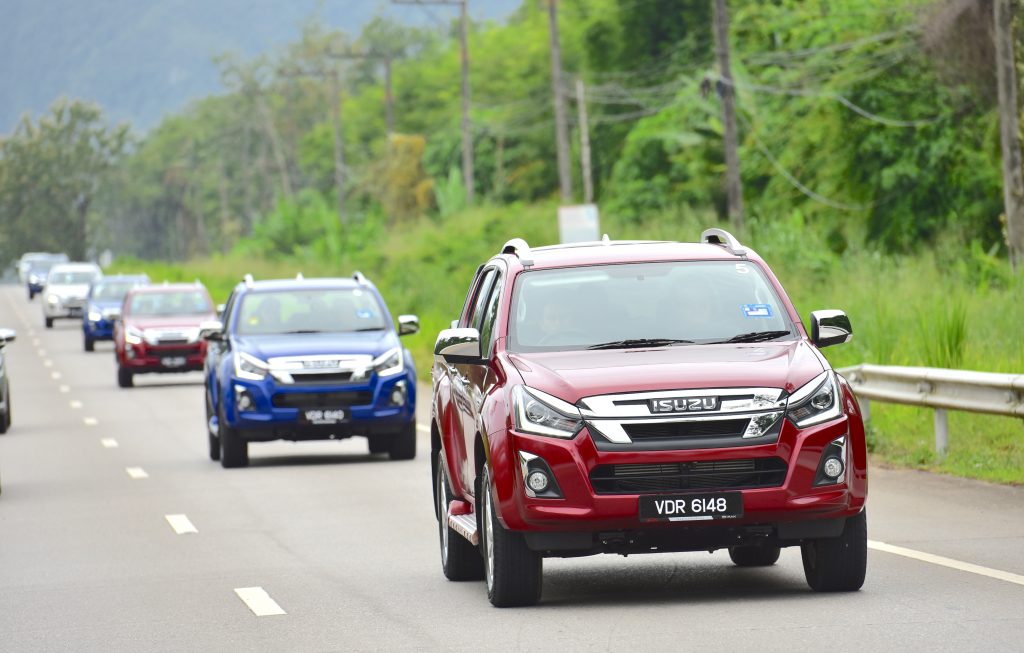
It remains to be seen as to whether these protectionism policies that are enacted will have any impact on the Filipino economy. Regardless of its eventual outcome however, this could perhaps be the spark that will cause the slow and silent return of protectionism policies that are to be enacted across the region.
Having said that, there are signs that free trade could still be on the rise, especially with the recent signing of the Regional Comprehensive Economic Partnership in 2020, of which Malaysia is a signatory member of. On the topic of Malaysia though, it will probably be a long time coming before the government over here decides to relax its 30% import tariffs (and ridiculously high excise duties) on imported cars any time soon.
